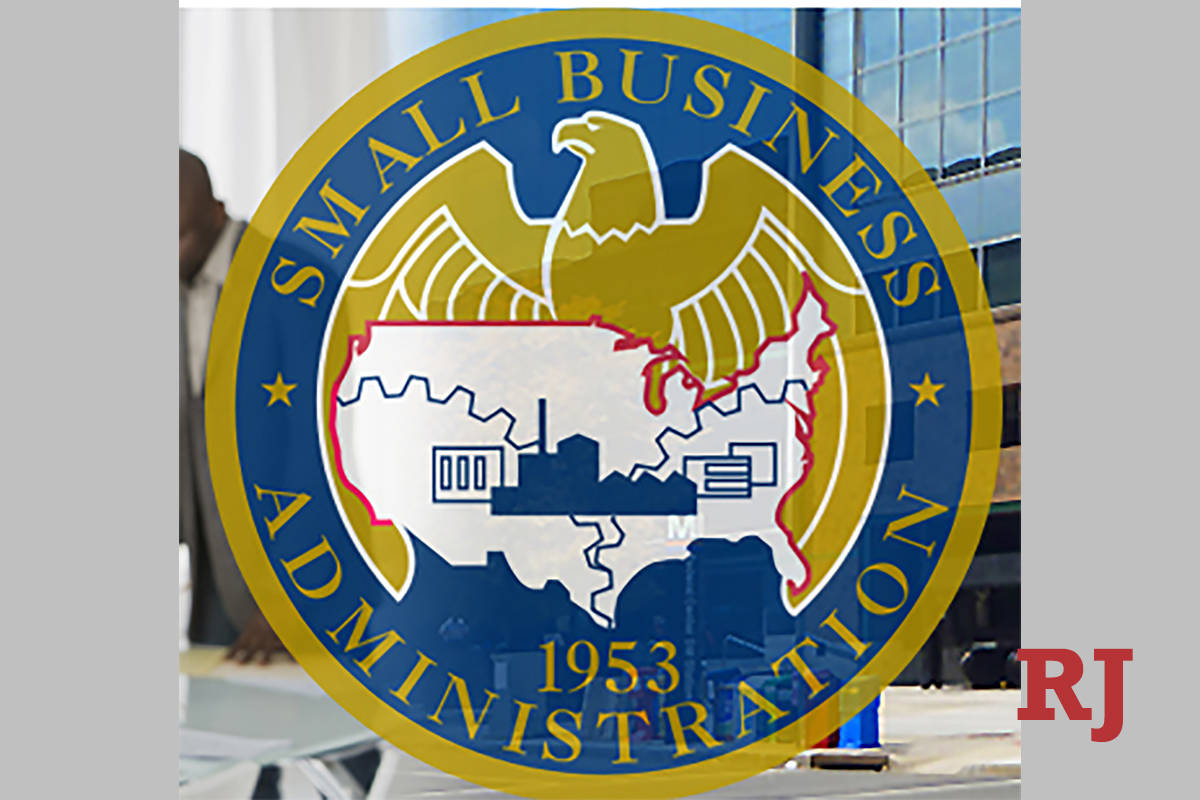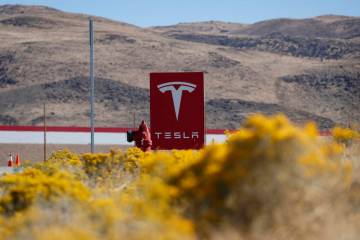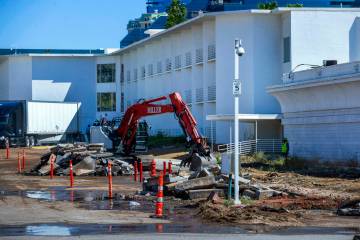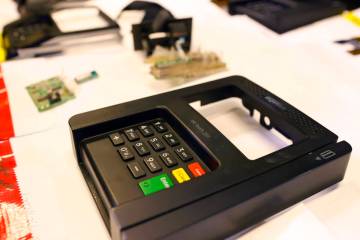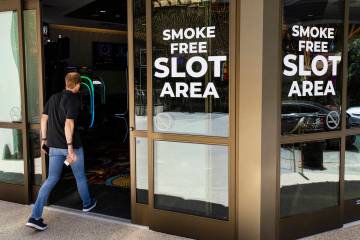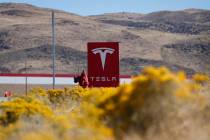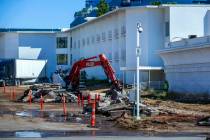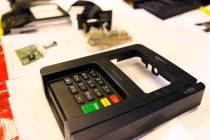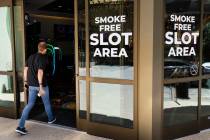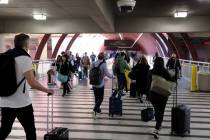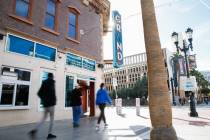SBA promised $10K. Now it’s $1K per employee, $10K max
Recent changes to a program for small businesses will leave owners and independent contractors with much less cash in their pockets than expected.
Due to high demand, the U.S. Small Business Administration reduced the amount it will give applicants from an original offering of up to $10,000 per applicant down to $1,000 per employee up to a maximum of $10,000 for its Economic Injury Disaster Loan Emergency Advance. The advance does not have to be repaid.
“To ensure that the greatest number of applicants can receive assistance during this challenging time, the amount of your Advance will be determined by the number of your pre-disaster (i.e., as of January 31, 2020) employees,” according to an SBA email sent to a Las Vegas applicant, obtained by the Review-Journal and confirmed by the Nevada SBA office.
It’s unclear when the SBA changed the funding limits, as it has yet to announce the change or release information on its website.
Disaster relief
The SBA rolled out its Economic Injury Disaster Loan program in mid-March, before the $2.2 trillion stimulus bill was signed into law March 27, making it one of the earliest programs offering help to small businesses impacted by the coronavirus pandemic.
The low-interest federal disaster loans of up to $2 million are open to small businesses, private nonprofit organizations of any size, small agricultural cooperatives and small aquacultural enterprises, as well as independent contractors who have been financially impacted as a direct result of COVID-19 since Jan. 31.
On March 29 the SBA relaunched the application, allowing each applicant to seek a $10,000 advance. Businesses that already applied for a disaster loan had to re-apply for the advance. The move was meant to expedite funds to small businesses “within days of a successful application,” according to the SBA’s eligibility rules.
The loan has an interest rate of 3.75 percent for small businesses and 2.75 percent for private nonprofits. Loans with long repayment terms are available of up to a maximum of 30 years and for entities without the financial ability to offset the adverse impact without hardship.
Las Vegas resident Leaha Crawford said she became aware of the change last week, when she thought she would be receiving $10,000 but learned from her lender it would be $1,000 per employee instead.
“Honestly, they (SBA) did say that this program was evolving,” Crawford said, who received her employee-based loan advance last week. “A thousand dollars per employee is not a lot of money, but it’s fair because they want to give money to everyone.”
She declined to disclose how many employees she has.
‘Disappointed’
Nevada SBA District Director Joseph Amato said the change in funding applies to new applicants. He did not give a cutoff date, and he said the change does not apply to applicants who were already approved.
Independent contractor Tom Cartwright said he applied for the emergency advance two weeks ago and is still waiting on the approval status from the SBA.
The Las Vegas-based Uber driver said he was disappointed to learn of the change; he received an email Tuesday from the SBA with that information.
“I’m just really disappointed,” he said. “I mean it’s just like everything else … with the stimulus money, they botched it from the get-go. It was not very well thought out. I think the best intentions are there, but it’s all in the execution. So we sit and we wait.”
Crawford said the discrepancy between the loan advance, which does not have to be repaid, and the loan itself, which does have to be repaid, makes the process of applying to coronavirus-related loan programs confusing.
“This stuff is changing daily,” she said, and unless she gets loan documents, she now assumes everything is subject to change. “I would say that when you come out of this, just do business differently.”
Contact Subrina Hudson at shudson@reviewjournal.com or 702-383-0340. Follow @SubrinaH on Twitter.



